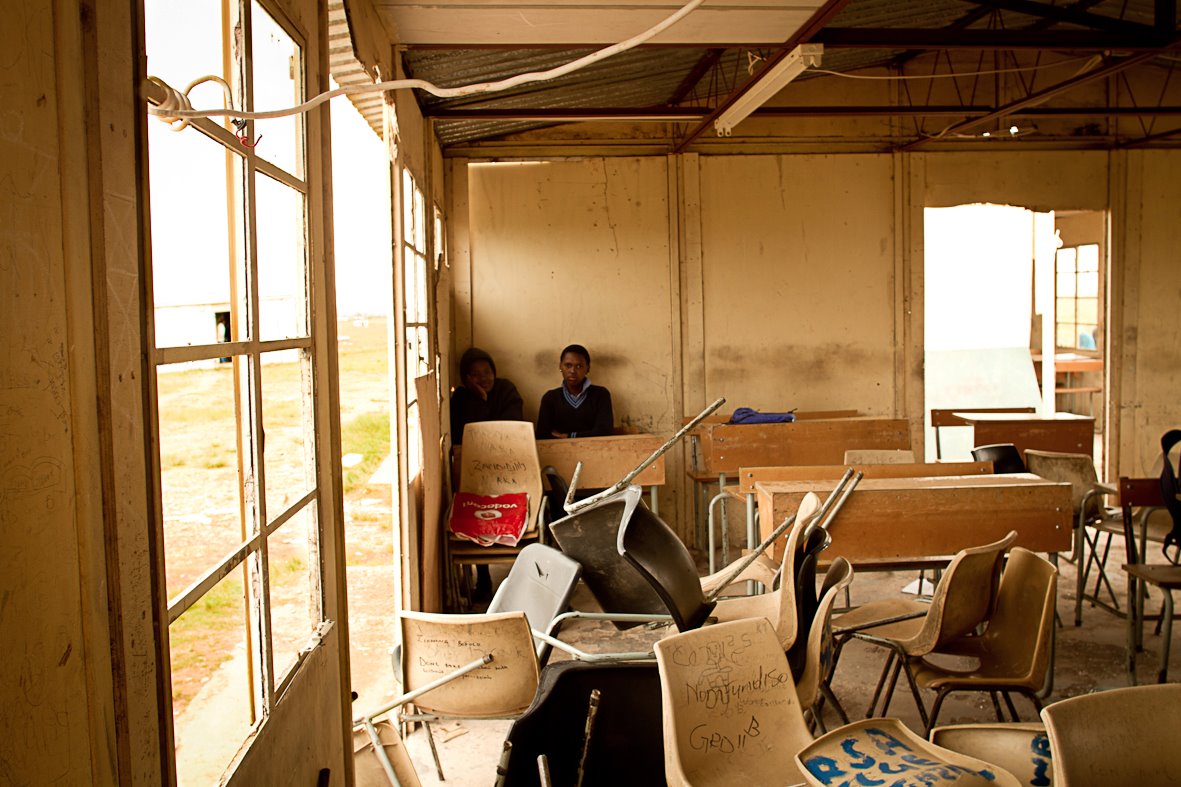Unions slam teacher allocation policy
African and rural schools disadvantaged, says SADTU
Teachers’ unions have criticised the Department of Basic Education policy on allocation of teachers to schools as well as its incorrect implementation by provinces.
The South African Democratic Teachers Union (SADTU), described the policy as “debilitating” and the National Professional Teachers Organisation of South Africa (NAPTOSA) has called it “ineffective”.
SADTU Limpopo said in a statement released on 20 January that the current model needs to be revised because it does not take into account contextual factors or subject combinations that are needed to ensure employment or studies in a particular sector.
“[The policy] is just based on learner enrolment and apartheid based subject weightings wherein subjects mostly done in African and rural schools are less weighted [while subjects] done by minority and privileged groups are weighted more.”
A national SADTU statement released last week said that because of the policy “many provinces are going to have fewer … teachers. This will have a negative effect on the quality of teaching as teachers will be subjected to overcrowded classrooms.”
NAPTOSA also claims that flaws in the policy could result in schools with only one teacher and special schools experiencing deficits.
According to NAPTOSA the problem also lies in the incorrect implementation of the policy, with some provinces not adhering to the policy and “tinkering” with it to make it fit with their budget and needs.
The Department has admitted that most provinces do not even adhere to the starting point of the policy – an 80:20 split between staff costs and other costs in schools.
Equal Education’s Yeukai Mukorombindo said that the policy is “only effective if it is enforced by the Department of Basic Education and implemented correctly by provincial education departments”. But not all provinces have the necessary infrastructure and similar educational environment she said, meaning that some provinces with a large number of schools such as KwaZulu-Natal “find it necessary to spend more than 80% on personnel [teachers and support staff] in order to accommodate learners located in remote areas.”
Post Provisioning Norms, the DBE’s policy on the allocation of teacher posts to schools, is based on the number of students per school adjusted by area, size of the school and the need to redistribute resources.
The policy has been changed several times over the years. A Deloitte report commissioned by the Department in 2013 identified several problems, including inadequate data. This has led to SADTU claiming that the allocation of teachers in KwaZulu-Natal for this year was based on inaccurate figures.
The Deloitte report found that “at least seven out of the nine provinces” were not allocating posts in line with the 80:20 split between staff and other costs. The Department’s director of communications, Elijah Mhlanga, acknowledged that this year most provinces have allocated more than 80% of funds to staffing, some as much as 92%.
This means less money for school infrastructure.
Mhlanga says that “it is still a challenge” to ensure that provinces implement the policy correctly.
Basil Manuel, the Executive Director of NAPTOSA, told GroundUp that there had been problems for a long time with the policy itself as well as how provinces alter it but the question remained of what to replace it with.
“Not a single province believes it gets sufficient money to fund education,” says Manuel.
Manuel believes a national policy, as opposed to one that is implemented at provincial level, would prevent large discrepancies, but the “devil of provincialisation” would still occur as provinces would attempt to make the policy fit their funding.
Mukorombindo echoed Manuel when she said that the Ministry of Education needs to “urgently revise the current policy” so that more authority and control is given to the executive and less to individual provinces.
© 2016 GroundUp. 
This article is licensed under a Creative Commons Attribution-NoDerivatives 4.0 International License.



